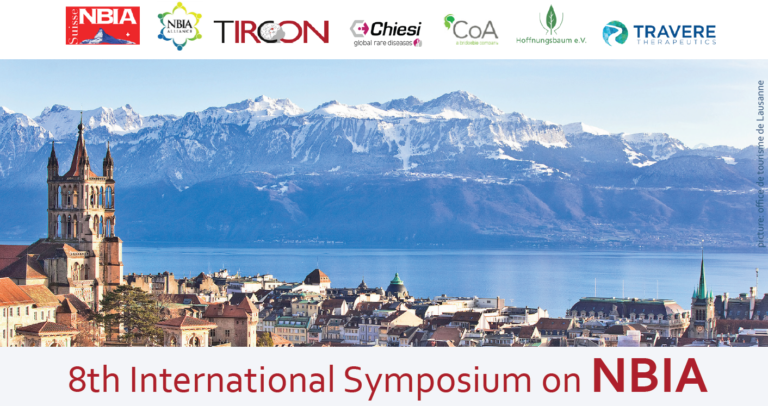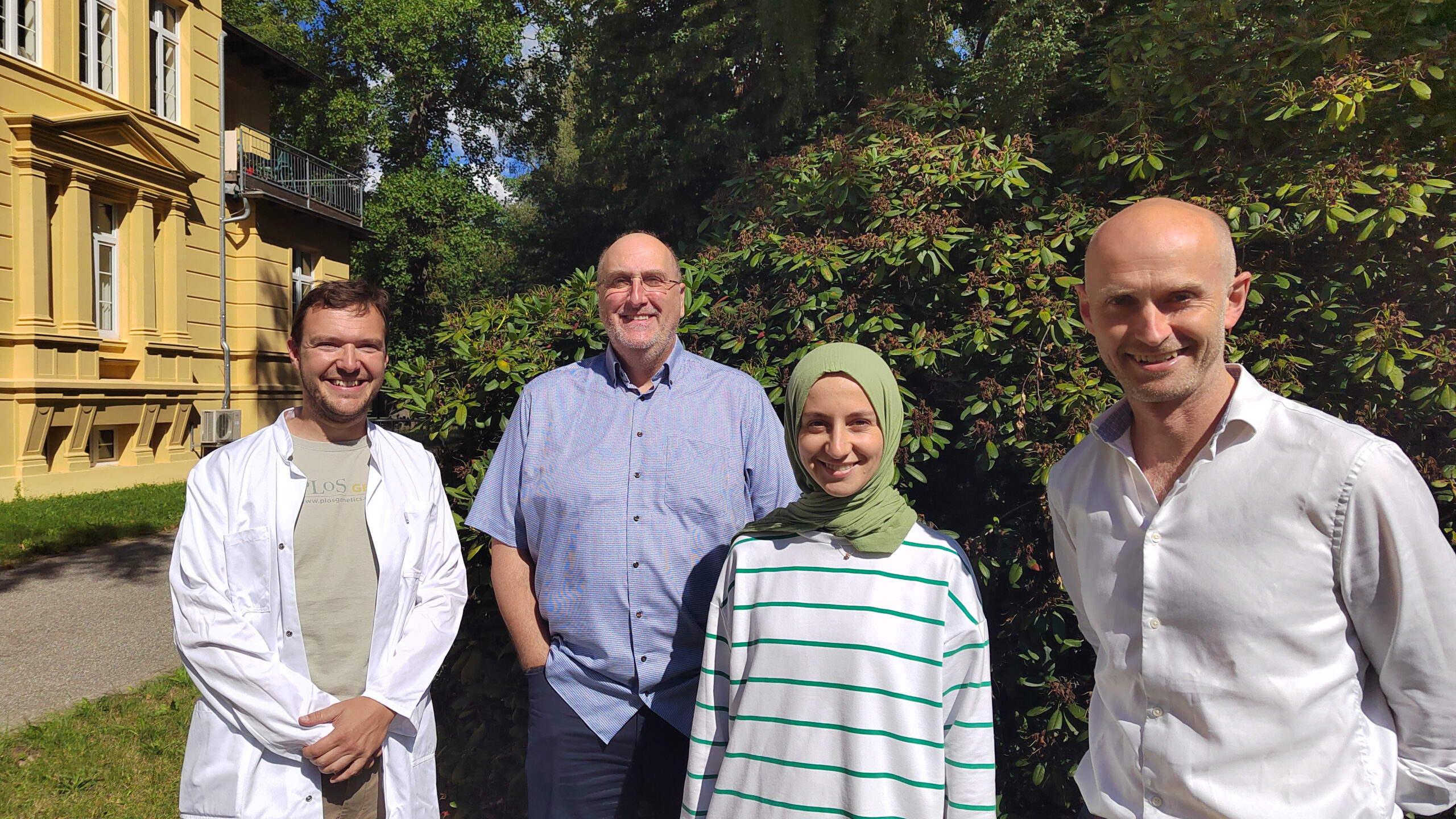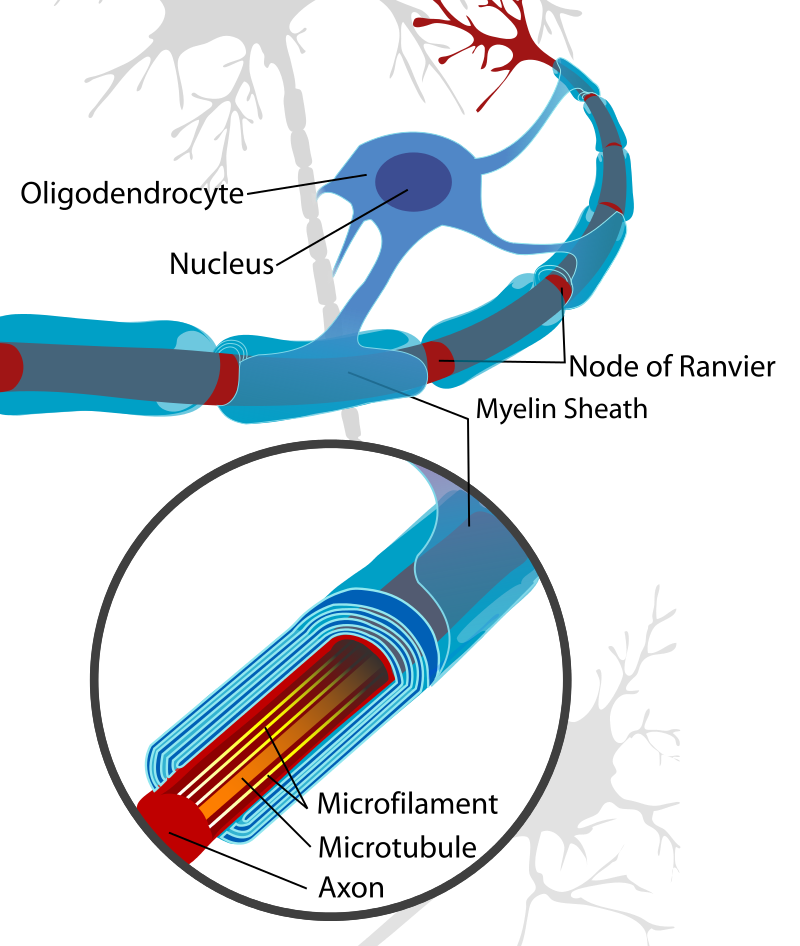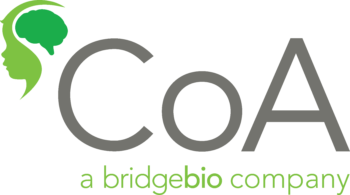The Californian company CoA Therapeutics is currently preparing a clinical trial with a new drug for PKAN patients. In order to make this study as patient-oriented as possible, CoA Therapeutics developed a survey last year in which PKAN patients and their families could make their voices heard. The company actively involved representatives of the international NBIA patient organizations in the preparations. Two representatives from Hoffnungsbaum e.V. based on their own experience as parents of PKAN children and as long-standing patient representatives, helped to prepare the survey in the best possible way and to make it known to the families. We are therefore very pleased that CoA Therapeutics is now presenting the survey results and would like to share this summary with you:
The team at CoA Therapeutics would like to thank the individuals and families affected by PKAN for their participation in the recent survey. We were very impressed by the level of community engagement with 183 responses received. We would especially like to thank our partners in patient organizations who commented on the survey and helped to disseminate it.
Key findings from the survey included information on the timing of disease onset in people with PKAN: half of respondents said that the first PKAN-related symptoms appeared before the age of 10, more than a third experienced the first symptoms at the age of 10 or later, and ten percent were not sure when the first symptoms appeared. Respondents came from many countries, most from Poland (21%), the Dominican Republic (18%), the USA (15%), Italy (9%), Spain (7%) and Germany (6%). Responses from affected families also came from 17 other countries, including France, Brazil, Canada, Cuba, Egypt, India, Iran, Jordan, Mexico, the Netherlands, New Zealand, Norway, Saudi Arabia, Slovenia, Switzerland, Ukraine and the United Kingdom.
The majority of people with PKAN reported being diagnosed before the age of 12 (59%), and most had a genetic test to confirm their PKAN diagnosis (81%). Respondents most commonly reported that problems with balance/falls, motor skills and muscles were the first PKAN symptoms they experienced.
The majority of respondents stated that they were taking several medications, with anticonvulsants, skeletal muscle relaxants and antipsychotics being mentioned most frequently. Only 22 people stated that they were not taking any medication. Approximately 1 in 4 respondents reported having a deep brain stimulation (DBS) device implanted and a similar proportion reported having a feeding tube.
When asked about the most difficult medical examinations, respondents stated that imaging procedures (e.g. X-ray, MRI, CT scans) were the most difficult, as they could not maintain the required posture, were tense and required sedation.
In an open-ended question about the top three symptoms that are most difficult/challenging for people with PKAN, dystonia (86 mentions), impact on speech (83 mentions) and difficulty eating (64 mentions) were most frequently mentioned. When asked to name the three most important symptoms that could hopefully be improved by a new treatment, the most frequently mentioned were effects on speech (87 mentions), dystonia (70 mentions) and difficulty eating and walking (47 mentions each).
About half of respondents reported having participated in a clinical trial in the past, and these individuals reported that travel and visits were the most difficult aspects of trial participation. Also, the most frequently cited ways to improve clinical trial participation were less travel/visits and better on-site visit experiences, such as more support at the clinical center, more comfortable admission conditions, and a place to rest.
Thank you again for your participation in our survey. Your experiences are invaluable to our work and directly help us as we work to develop a therapy for PKAN. As next steps, we are preparing a more detailed presentation to share with the community later this year. We at CoA Therapeutics are also committed to sharing these research findings with a broader audience to inform other scientists, clinicians and companies working to develop therapies for PKAN.





